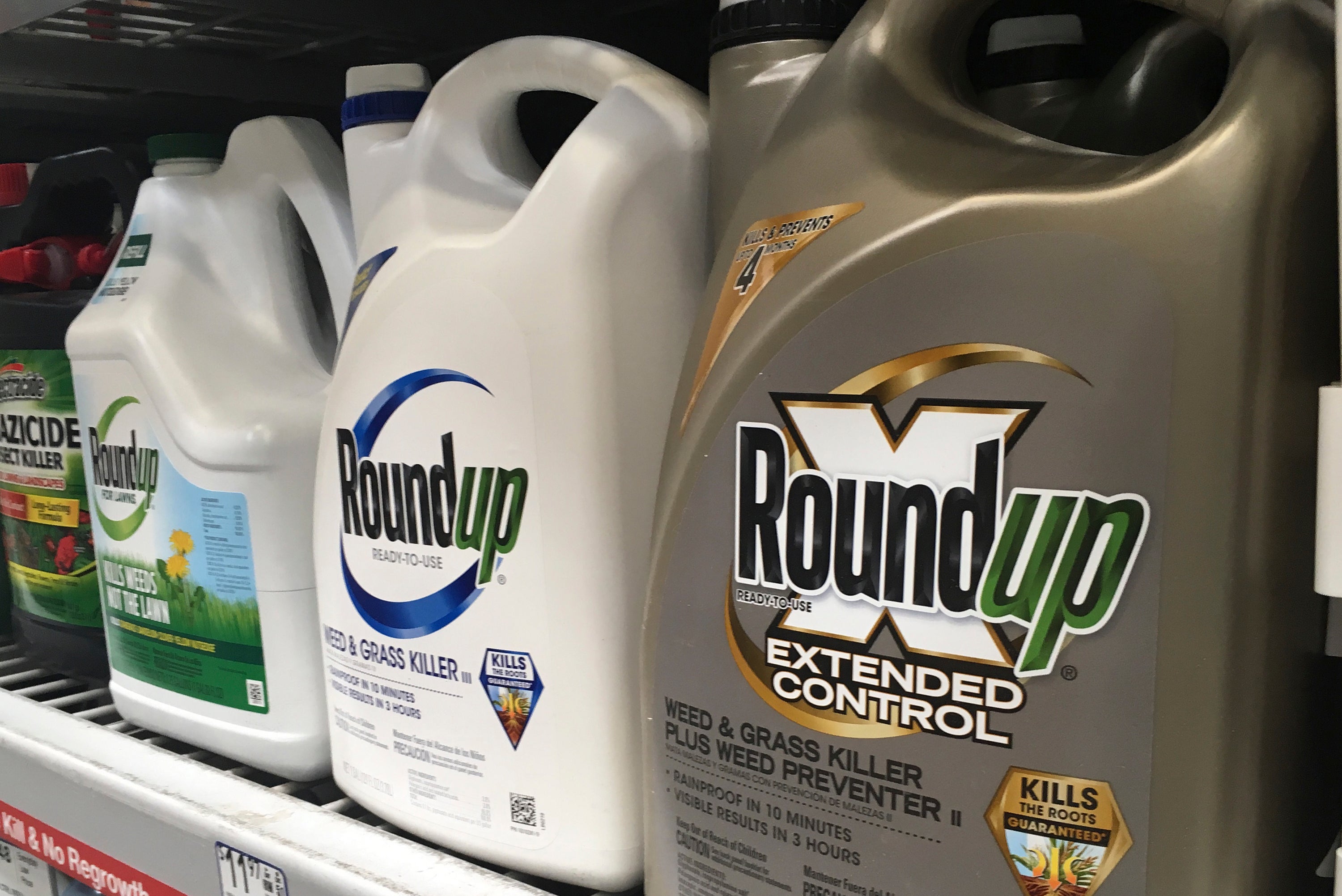EU can't reach decision on prolonging the use of chemical herbicide glyphosate
A decision on whether to authorize the use of the controversial chemical herbicide glyphosate in the European Union for at least 10 more years has been delayed after member countries failed to agree

A European Union decision on whether to authorize the use of the controversial chemical herbicide glyphosate in the 27-nation bloc for at least 10 more years was delayed for a month after member countries failed to agree on Friday.
The chemical, which is widely used in the 27-nation bloc, is approved on the EU market until mid-December.
Representatives of the EU’s executive arm and member countries voted Friday in favor of renewing its authorization until 2033, despite protests from environmental groups.
But to be adopted, the 10-year extension proposed by the European Commission required a “qualified majority,” defined as 55% of the 27 members representing at least 65% of the total EU population of some 450 million people. Several member states abstained, and that was not achieved.
The European Commission is now expected to amend its proposal before another vote takes place next month. Ultimately, if no consensus is found, the Commission will have the final say.
Green members of the European Parliament welcomed the delay and urged member states to vote for a complete ban of glyphosate.
“It is irresponsible to again renew the authorization of the use of glyphosate,” said Bas Eickhout, the vice-chair of the Parliament's environment committee. "This would give the big agri a blank check to earn billions by selling a pesticide for which there are still big gaps in knowledge about the effects on our health, and at the same time poses large risks for European biodiversity.”
Over the past decade, glyphosate, used in products like the weedkiller Roundup, has been at the heart of heated scientific debate about whether it causes cancer and its possible disruptive effect on the environment. The chemical was introduced by Monsanto in 1974 as an effective way of killing weeds while leaving crops and plants intact.
The France-based International Agency for Research on Cancer, which is part of the World Health Organization, classified it as a “probable human carcinogen” in 2015. The EU’s food safety agency had paved the way for the 10-year extension when it said in July it “did not identify critical areas of concern” in the use of glyphosate.
The U.S. Environmental Protection Agency found in 2020 that the herbicide did not pose a health risk to people, but a federal appeals court in California ordered the agency last year to reexamine that ruling, saying it wasn’t supported by enough evidence.
EU member states are responsible for authorizing the use of products including the chemical on their national markets, following a safety evaluation.
In France, President Emmanuel Macron had committed to ban glyphosate before 2021 but has since backpedaled. Germany, the EU's biggest economy, plans to stop using it from next year, but the decision could be challenged. Luxembourg’s national ban, for instance, was overturned in court earlier this year.
Greenpeace had called on the EU to reject the market reapproval, citing studies indicating that glyphosate may cause cancer and other health problems and could also be toxic to bees. The agroindustry sector, however, claims there are no viable alternatives.
“Whatever the final decision that emerges from this re-authorization process, there is one reality that member states will have to face up to,” said Copa-Cogeca, a group representing farmers and agricultural cooperatives. “There is as of yet no equivalent alternative to this herbicide, and without it, many agricultural practices, notably soil conservation, would be rendered complex, leaving farmers with no solutions.”
Bookmark popover
Removed from bookmarks